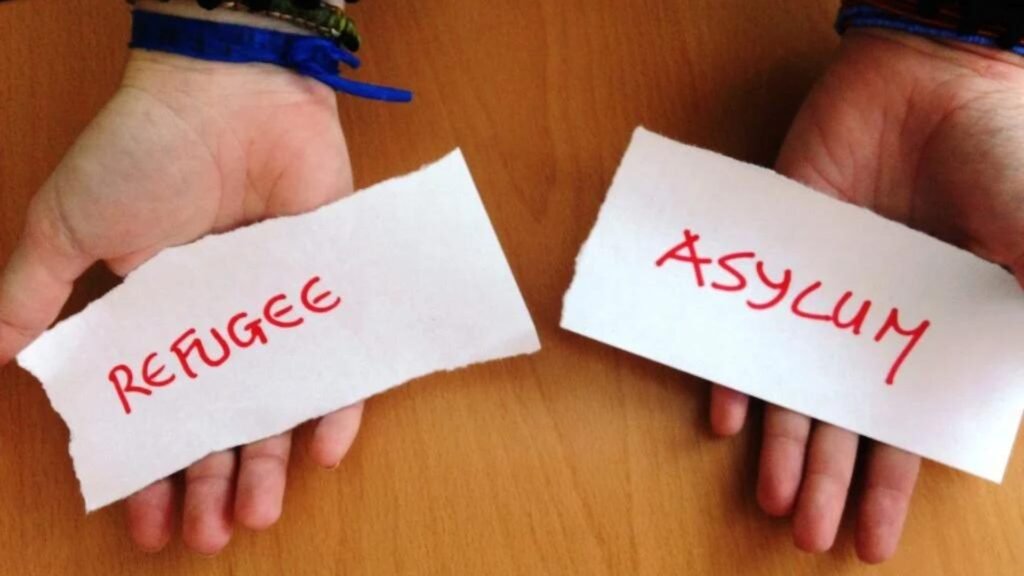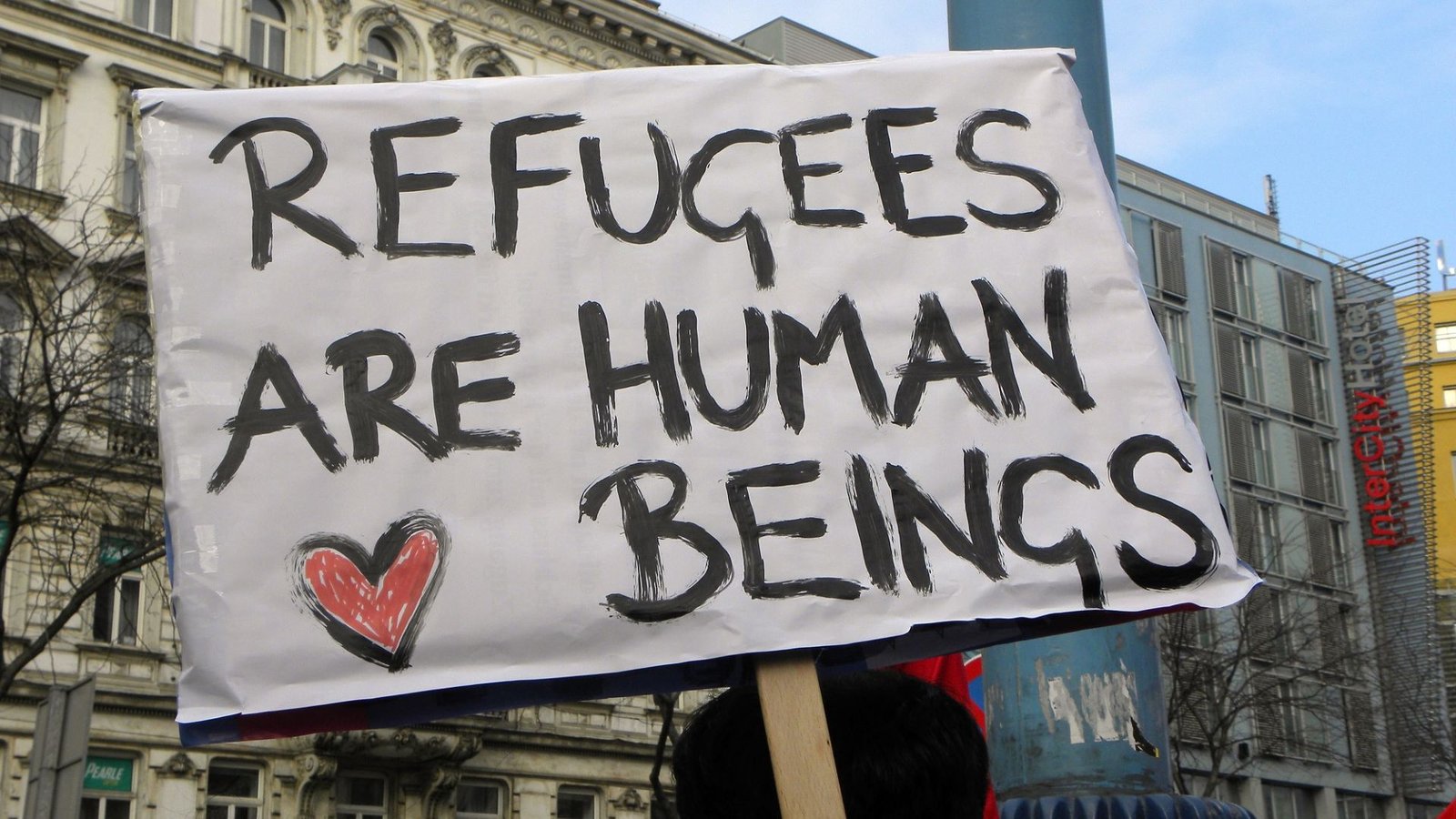Human Rights and Refugee Protection
Human rights and refugee protection are deeply interconnected. Refugees are people who have been forced to flee their homes due to war, persecution, or natural disasters. Their protection is a fundamental aspect of upholding human rights. In this blog post, we will discuss the importance of protecting refugees, the challenges involved, and the ways to support their rights effectively.

The Importance of Refugee Protection
Human rights and refugee protection are crucial for several reasons:
1. Safeguarding Basic Rights
- Right to Safety: Refugees often flee from violence and danger. Protecting their rights ensures that they can find safety and security in their new host countries. This protection is vital for their well-being and survival.
- Access to Essential Services: Refugees need access to basic services like food, shelter, and medical care. Ensuring that these needs are met upholds their right to live with dignity and respect.
2. Ensuring Fair Treatment
- Legal Protections: International laws, such as the 1951 Refugee Convention, outline the rights of refugees and the obligations of host countries. Upholding these laws ensures that refugees are treated fairly and without discrimination.
- Preventing Exploitation: Refugees are vulnerable to exploitation and abuse. Effective protection measures help prevent such exploitation and ensure that refugees are not subject to inhumane treatment.
3. Promoting Social Integration
- Community Support: Proper protection helps refugees integrate into their new communities. This includes providing education, employment opportunities, and social support, which fosters inclusion and reduces isolation.
- Cultural Enrichment: Refugees bring diverse perspectives and skills to their new communities. Supporting their integration enriches the social and cultural fabric of host countries.
Challenges in Refugee Protection
Human rights and refugee protection face several challenges:
1. Legal and Bureaucratic Hurdles
- Complicated Procedures: Refugee protection often involves complex legal and bureaucratic processes. Navigating these procedures can be challenging for both refugees and the organizations supporting them.
- Inconsistent Policies: Different countries have varying policies and standards for refugee protection. This inconsistency can lead to gaps in protection and unequal treatment.
2. Limited Resources
- Funding Constraints: Many host countries and organizations face limited resources to support refugees. Insufficient funding can impact the quality and availability of essential services.
- Infrastructure Issues: Inadequate infrastructure in some host countries can hinder the effective delivery of services to refugees, such as housing and healthcare.
3. Host Community Tensions
- Local Reactions: Refugees can sometimes face hostility or resistance from local communities. Addressing these tensions is essential for ensuring a supportive environment for refugees.
- Cultural Differences: Integrating refugees into new societies can be challenging due to cultural differences. Efforts are needed to promote mutual understanding and respect.
How to Support Refugee Protection
Supporting human rights and refugee protection involves several key actions:
1. Advocacy and Awareness
- Raising Awareness: Increasing public awareness about refugee issues helps build support for protection efforts. Media campaigns, educational programs, and community events can highlight the challenges refugees face and the importance of their protection.
- Advocating for Policy Change: Advocating for improved refugee policies and protections can lead to more effective responses and better support for refugees. Engaging with policymakers and supporting relevant legislation is crucial.
2. Providing Direct Support
- Donations: Financial contributions to organizations that support refugees help provide essential services such as food, shelter, and medical care. Donations can make a significant difference in the lives of refugees.
- Volunteering: Volunteering with organizations that work with refugees allows individuals to offer direct support. This can include helping with translation services, assisting in community integration, or providing legal aid.
3. Supporting Integration Efforts
- Community Engagement: Engaging with refugees and supporting community integration efforts helps build positive relationships and reduces isolation. Activities like cultural exchange programs and community support groups can foster inclusion.
- Education and Employment: Providing educational opportunities and job training for refugees helps them gain skills and contribute to their new communities. This support is vital for their long-term success and integration.
4. Addressing Root Causes
- Preventing Conflict: Working to prevent and resolve conflicts that cause displacement is essential for reducing the number of refugees and addressing the root causes of their plight.
- Supporting Development: Supporting development efforts in countries of origin can help address issues like poverty and instability, which contribute to forced migration.
Conclusion
In conclusion, human rights and refugee protection are integral to ensuring that refugees are treated with dignity and respect. Protecting refugees involves addressing legal, resource, and community challenges, while also supporting their rights and integration.
By raising awareness, providing support, engaging with communities, and addressing root causes, we can contribute to better protection for refugees and uphold their fundamental human rights. Supporting these efforts is crucial for fostering a more compassionate and just world.



